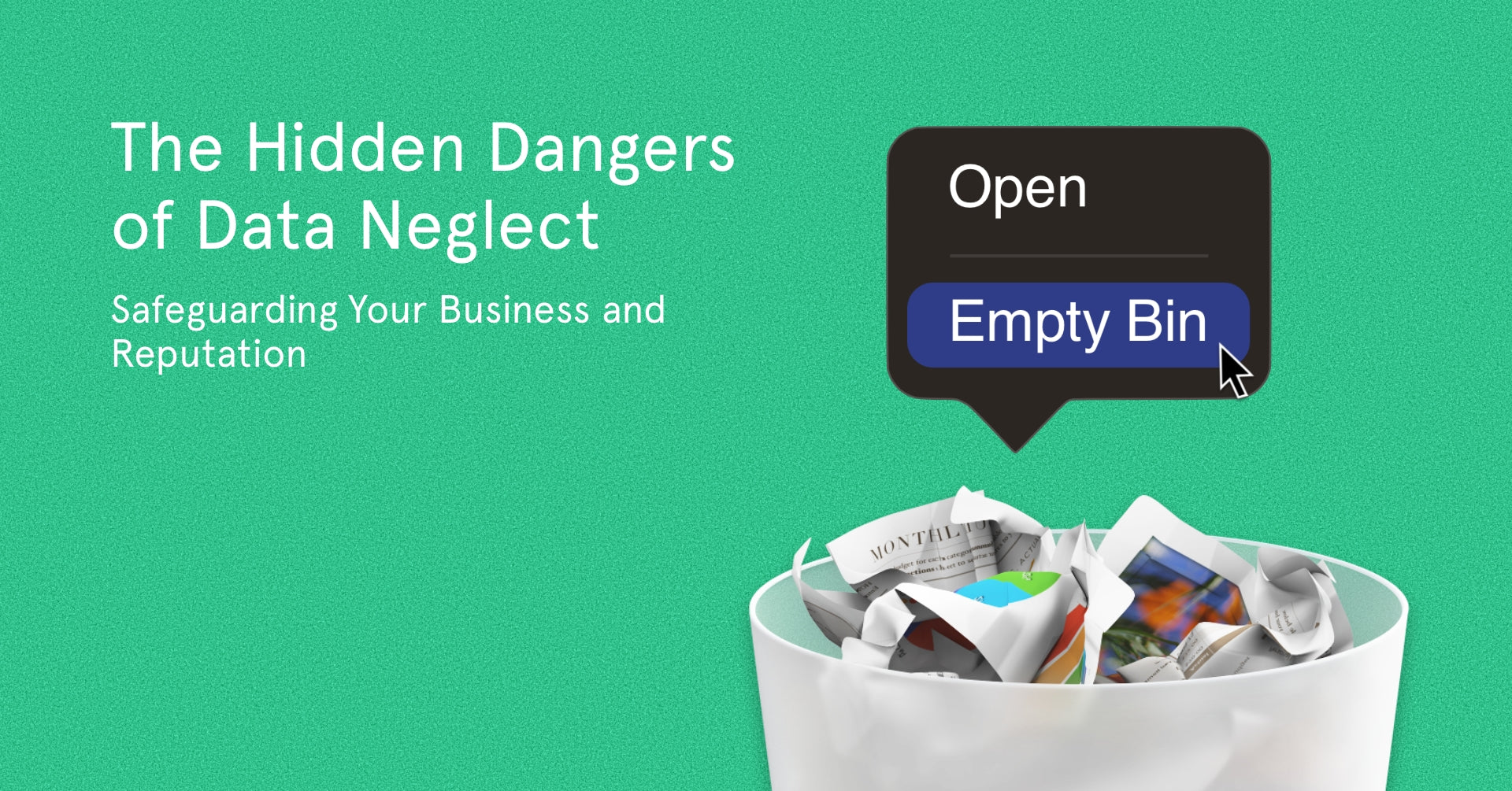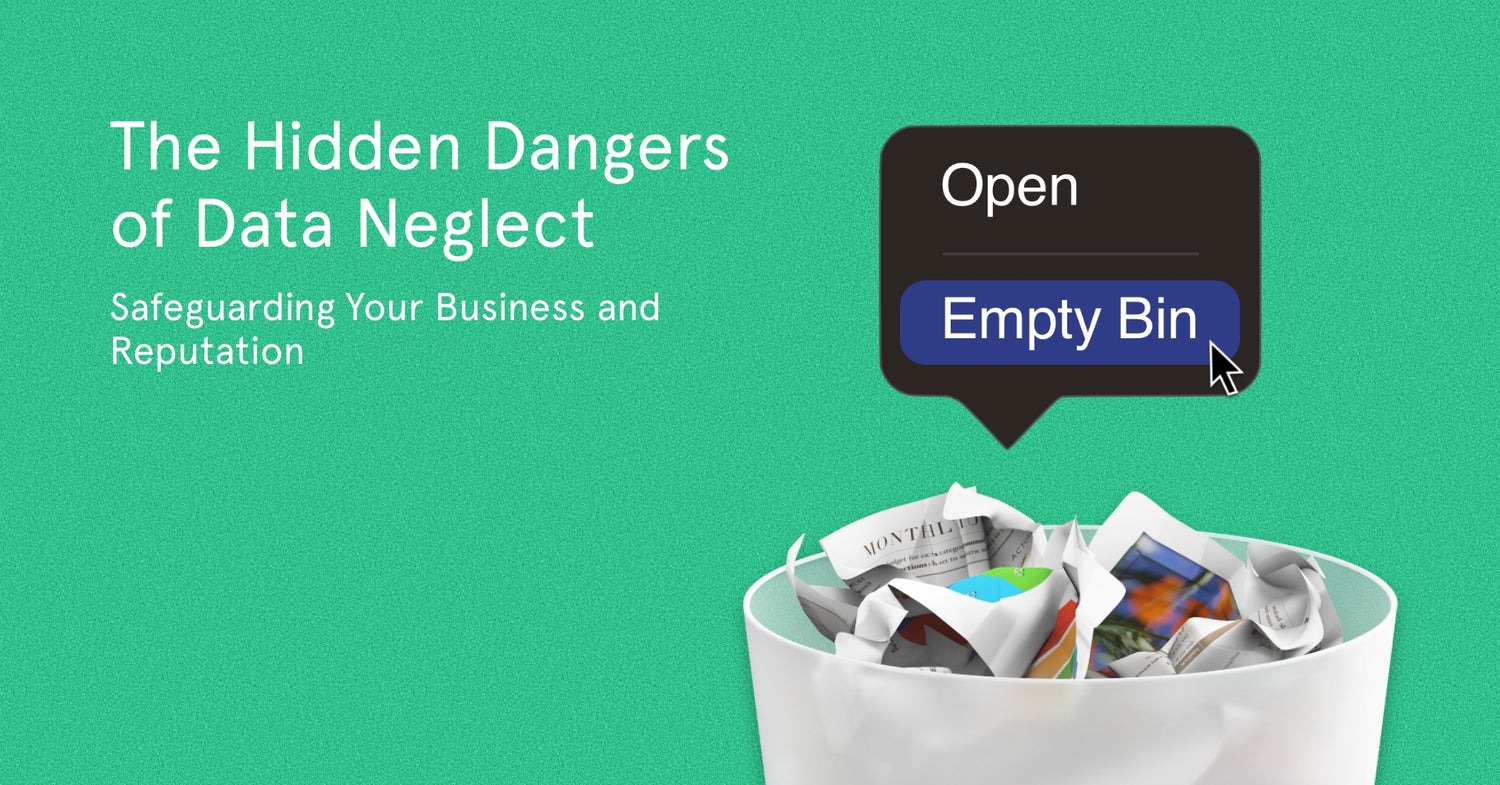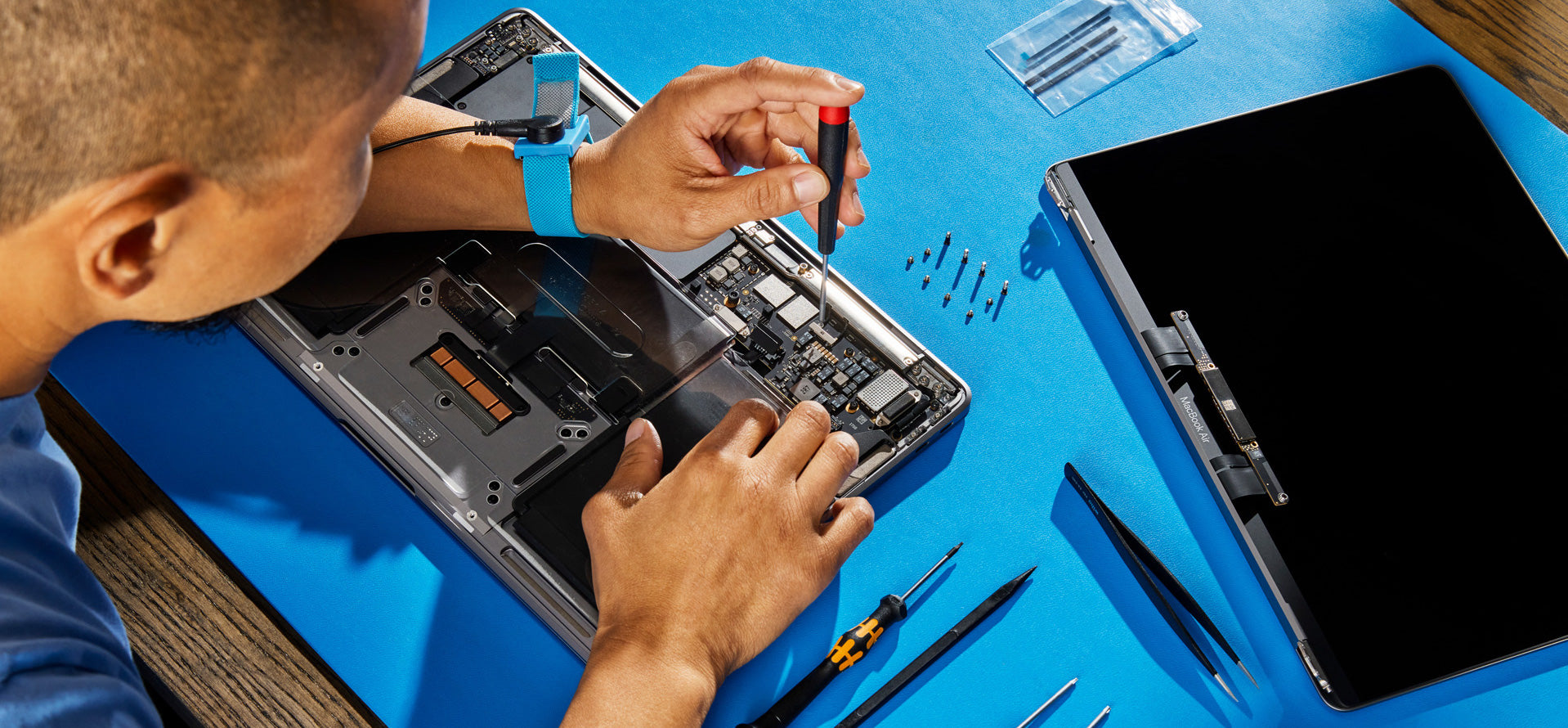Understanding Data Erasure, Risks, and the Importance of Secure Data Handling
It's become normal to have access to all of your business's data in the palm of your hand. We no longer worry about managing paperwork and securing folders crammed full of sensitive information. For businesses, most records have been moved to cloud-based services, reducing the worry of data loss if a device has issues. But, having all your data stored within devices brings its own risks, such as security breaches. Today we'll outline one of the more overlooked risks, data erasure, showcasing the risks, consequences and path to ensuring you're properly secured.
What risks come from data erasure neglect?
Recycling devices must follow proper data erasure processes to avoid catastrophic repercussions. Without taking suitable measures, bad actors can still recover data from a device you might have thought was completely wiped.
Data erasure is especially important when recycling devices, as these assets get a second life with a new user. Not only could a stranger get your personal details, but they could get access to sensitive information about your business and customers.
Confidential data must be correctly wiped clean with business laptops (and other devices) before they can be resold or transferred to another user. It's also crucial for compliance issues; if a company fails to wipe a device properly, it could be subject to hefty fines and other penalties.
Cutting corners can lead to reputational damage & harsh fines
Morgan Stanley, a Global leader in financial services, learned this the hard way. Over several years they discarded 1000's of hard drives with customer & company data still present and unencrypted. Scarily, this huge oversight was only brought to their attention when they received an email from someone who purchased one of the hard drives and realised they could still access the highly sensitive data within.
How did this come about? They hadn't followed the correct processes for data erasure, and critically, hadn't properly vetted the IT disposal company they tasked with the job. The consequences were severe.
In 2022 Morgan Stanley was fined $35 million USD for violating the Safeguards and Disposal rules under Regulation S-P. While Morgan Stanley has paid this fine, there could be potentially 1000's of records of customer and business data that could surface in the future due to the importance of data erasure being overlooked!
Tesla's neglect also cost them
Elon Musk's electric car giant Tesla also grabbed headlines for all the wrong reasons - a hardware recycling mishap that put its customer data at risk. In the incident, a white hat hacker procured computer units sold on eBay that contained confidential data on Tesla's previous customers. Shockingly, the hacker uncovered sensitive details like call lists, Wi-Fi passwords, and Netflix session cookies, thereby enabling unauthorised access to and manipulation of customer data.
How does data erasure work?
Data erasure implementation is critical to any firm's wider cybersecurity strategy, and choosing an approved tool can offer your business the protection it requires. It's vital to understand how Hard Disk Drives (HDDs) and Solid State Drives (SSDs) operate and to appreciate the importance of using the correct tools to remove your data. Both kinds of drives offer different levels of protection: while an SSD would need a fair amount of expertise to be cracked and the data recovered, HDDs, by contrast, are far more susceptible. Unlike SSDs, which delete data irretrievably when you press delete, files on an HDD are merely hidden until that space is needed and then overwritten. SSDs are generally more secure, thanks to the different software that manages the data. While harder to recover, it is still possible to get recently deleted data on them.
How do I know the data is actually gone?
Erasure tools like Blancco, help make the process of data removal easy. In simple terms, a data tool will overwrite both SSD and HDD multiple times, securely erasing all data on hard drives and solid state drives by using random data overwrite passes across the total logical capacity of the drive (and not just compressing the data).
This leaves the drive in perfectly usable condition and allows you to recycle or reuse the asset without worrying about a possible data breach.
Treating every piece of hardware as a valuable asset is paramount. By taking precautions across your business, you can mitigate data breaches, establish customer trust, and ensure secure data handling. Not only does this reduce the risk of costly fines and litigation, but it also helps protect your reputation.
Klyk's take
Klyk understands that protecting your business is no small feat - but we're here to help. We have in-house specialists in data security and expertise in the latest technologies, providing end-to-end solutions that bring your business into compliance with industry standards. Our technical experts will work with you to ensure maximum protection.
As part of Klyk's 50-step refurbishment process, all devices undergo secure wiping using Blancco. We prioritise the privacy of our customers by securely erasing their previous data. If you want to recycle or acquire hardware, feel free to reach out and learn more about our refurbishment process.
Understanding how tech operates and implementing optimal measures to ensure your security and safeguard your data can prove crucial in driving business growth safely.






